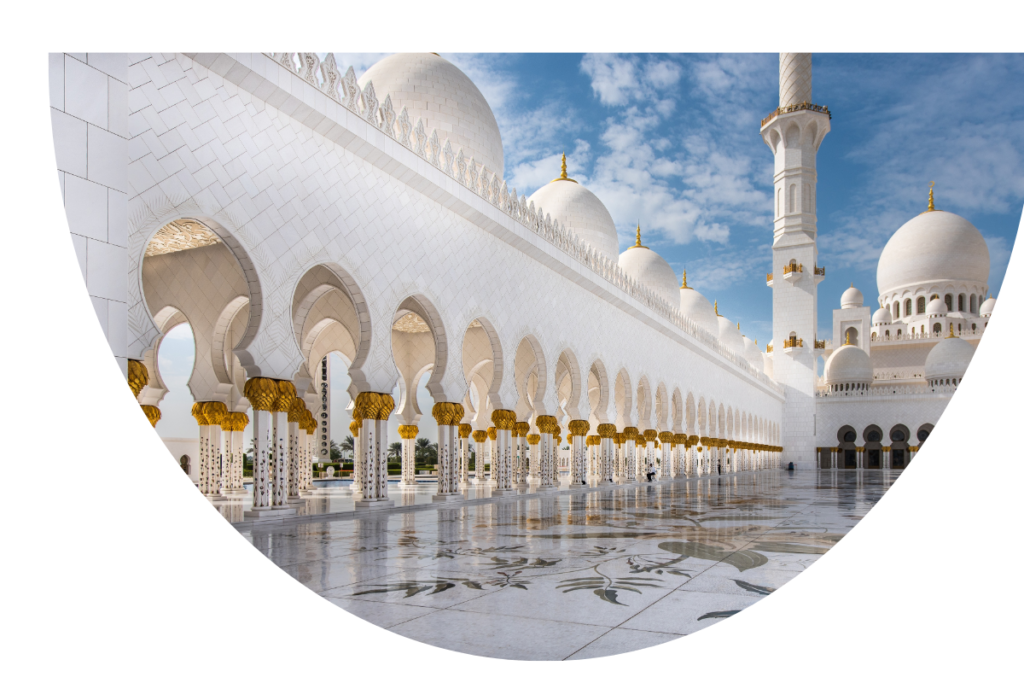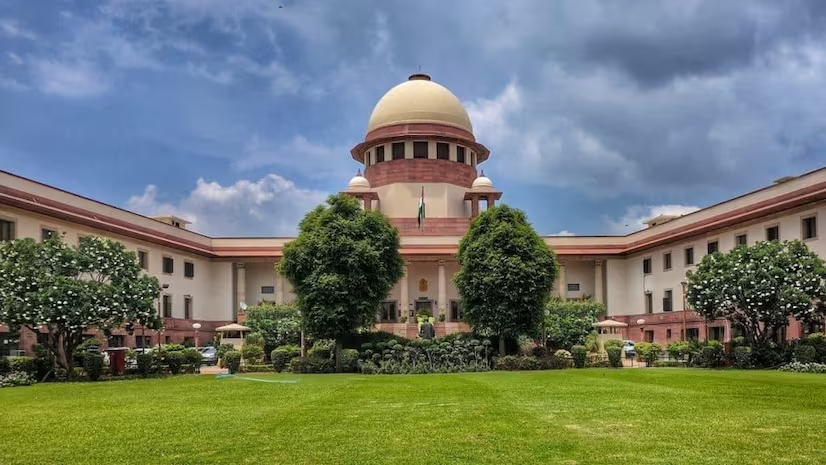- Dhannipur, Ayodhya
History
History of Muhammadbin Abdullah Masjid
The Muhammad bin Abdullah Masjid is a landmark mosque currently being built in Dhannipur village, Ayodhya, India. This mosque represents a significant chapter in the nation’s religious and cultural landscape. It was conceived in the wake of the Supreme Court of India’s ruling on the Babri Masjid-Ram Janmabhoomi case in 2019, which paved the way for the construction of the Ram Mandir at the disputed site in Ayodhya.
In compensation, the Uttar Pradesh government allotted a 5-acre plot in Dhannipur village for the construction of a mosque. The Indo-Islamic Cultural Foundation (IICF), a trust formed by the Uttar Pradesh Sunni Central Waqf Board, was entrusted with overseeing the construction and development of the new mosque, along with various other community-oriented projects.
The mosque is named after the Prophet Muhammad (PBUH), emphasizing peace, compassion, and unity, which are central to Islam. The design reflects modern architectural sensibilities while staying rooted in Islamic traditions. The project also includes facilities like a hospital, a library, and a community kitchen (indicating inclusiveness), aimed at serving people from all communities, regardless of religion or background.
With construction beginning in early 2021, the Muhammad bin Abdullah Masjid symbolizes not only religious devotion but also communal harmony and service. The masjid is envisioned to be more than just a place of worship, embodying the principles of Islam and contributing to the welfare of society.

Supreme Court Announcement
The Supreme Court judgment on the Babri Masjid-Ram Janmabhoomi dispute was delivered on November 9, 2019, and is considered one of the most historic rulings in Indian legal history. The dispute centered around a piece of land in Ayodhya, Uttar Pradesh, where the Babri Masjid, a mosque built in 1528, once stood. The mosque was controversially demolished in 1992 by a mob, who believed that the site was the birthplace of the Hindu deity Lord Ram.
The legal battle over the ownership of the land lasted for several decades, involving both Hindu and Muslim litigants. Hindus claimed the site was sacred as it marked the birthplace of Lord Ram, while Muslims argued for their right to worship at the Babri Masjid.

- Location
The new mosque is being built in Dhannipur village, about 25 kilometers away from the original Babri Masjid site. Some critics argue that the distance from Ayodhya dilutes the significance of the mosque, while others feel that the new location is more suitable for avoiding direct association with past conflicts.
- Home
- History
- Symbol of unity